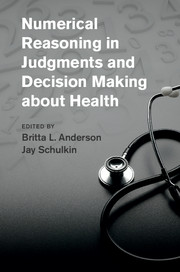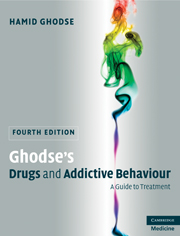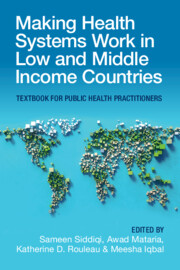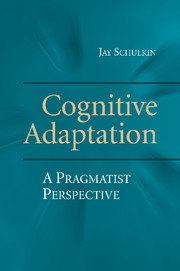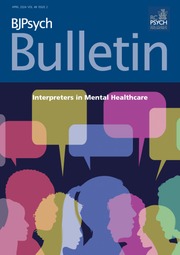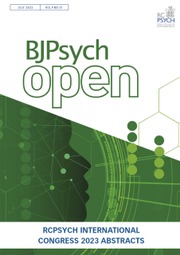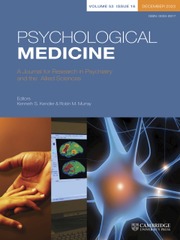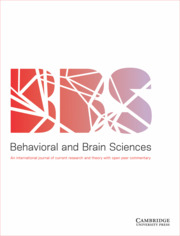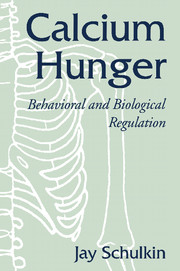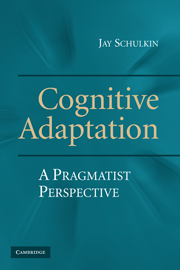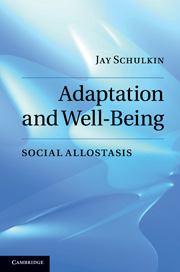Numerical Reasoning in Judgments and Decision Making about Health
- Editors:
- Britta L. Anderson, American College of Obstetricians and Gynecologists, Washington, DC
- Jay Schulkin, American College of Obstetricians and Gynecologists, Washington, DC
- Date Published: May 2014
- availability: This ISBN is for an eBook version which is distributed on our behalf by a third party.
- format: Adobe eBook Reader
- isbn: 9781139990356
Find out more about Cambridge eBooks
Adobe eBook Reader
Other available formats:
Paperback, Hardback
Looking for an examination copy?
This title is not currently available for examination. However, if you are interested in the title for your course we can consider offering an examination copy. To register your interest please contact [email protected] providing details of the course you are teaching.
-
Every day thousands of individuals need to make critical decisions about their health based on numerical information, yet recent surveys have found that over half the population of the United States is unable to complete basic math problems. How does this lack of numerical ability (also referred to as low numeracy, quantitative illiteracy or statistical illiteracy) impact healthcare? What can be done to help people with low numeracy skills? Numerical Reasoning in Judgments and Decision Making about Health addresses these questions by examining and explaining the impact of quantitative illiteracy on healthcare and in specific healthcare contexts, and discussing what can be done to reduce these healthcare disparities. This book will be a useful resource for professionals in many health fields including academics, policy makers, physicians and other healthcare providers.
Read more- Discusses numerical reasoning from the perspectives of patients, physicians, society, and healthcare systems
- Includes theoretical and methodological information
- Suggests strategies on how to improve reasoning and decision making to help overcome disparities that individuals with low numeracy skills experience
Reviews & endorsements
"This topic is highly relevant to efforts at improving the application of evidence-based medicine, as well as patient adherence and patient empowerment through collaborative decision-making. Teaching physicians about numeracy and providing them with practical ways of enhancing patient numeracy are also extremely useful contributions to the literature."
Charles J. Lockwood, The Ohio State University College of MedicineSee more reviews"This book now stands as the definitive collection of thinking - both theoretical and applied - on the relationship between numerical reasoning and medical decision-making. A marvellous collection of chapters, each of which stand strong on their own, but that also come together as more than the sum (I had to make a math reference!) of their parts."
Peter A. Ubel, Duke UniversityCustomer reviews
Not yet reviewed
Be the first to review
Review was not posted due to profanity
×Product details
- Date Published: May 2014
- format: Adobe eBook Reader
- isbn: 9781139990356
- contains: 25 b/w illus. 21 tables
- availability: This ISBN is for an eBook version which is distributed on our behalf by a third party.
Table of Contents
Introduction Britta L. Anderson and Jay Schulkin
1. Measuring numeracy Edward T. Cokely, Saima Ghazal and Rocio Garcia-Retamero
2. Collective statistical illiteracy in health Jan Multmeier, Wolfgang Gaissmaier and Odette Wegwarth
3. Physicians' understanding and use of numeric information Britta L. Anderson and Jay Schulkin
4. Patient numeracy: what do patients need to recognize, think, or do with health numbers? Brian J. Zikmund-Fisher, Gillian Mayman and Angela Fagerlin
5. Application of numeracy in diabetes mellitus chronic disease care Jillian Berkman and Kerri L. Cavanaugh
6. Numeracy and genetic screening Stephanie Dukhovny and Louise Wilkins-Haug
7. Using visual aids to help people with low numeracy make better decisions Rocio Garcia-Retamero and Edward T. Cokely
8. Anticipating barriers to the communication of critical information Ellen Peters
9. Rational healthcare Ronald Paulus and Walter F. Stewart
10. A review of theories of numeracy: psychological mechanisms and implications for medical decision making Valerie F. Reyna and Priscila G. Brust-Renck
11. Do the numbers help patients decide? Ethical and empirical challenges for evaluating the impact of quantitative information Peter H. Schwartz
Conclusion Britta L. Anderson and Jay Schulkin.
Sorry, this resource is locked
Please register or sign in to request access. If you are having problems accessing these resources please email [email protected]
Register Sign in» Proceed
You are now leaving the Cambridge University Press website. Your eBook purchase and download will be completed by our partner www.ebooks.com. Please see the permission section of the www.ebooks.com catalogue page for details of the print & copy limits on our eBooks.
Continue ×Are you sure you want to delete your account?
This cannot be undone.
Thank you for your feedback which will help us improve our service.
If you requested a response, we will make sure to get back to you shortly.
×
